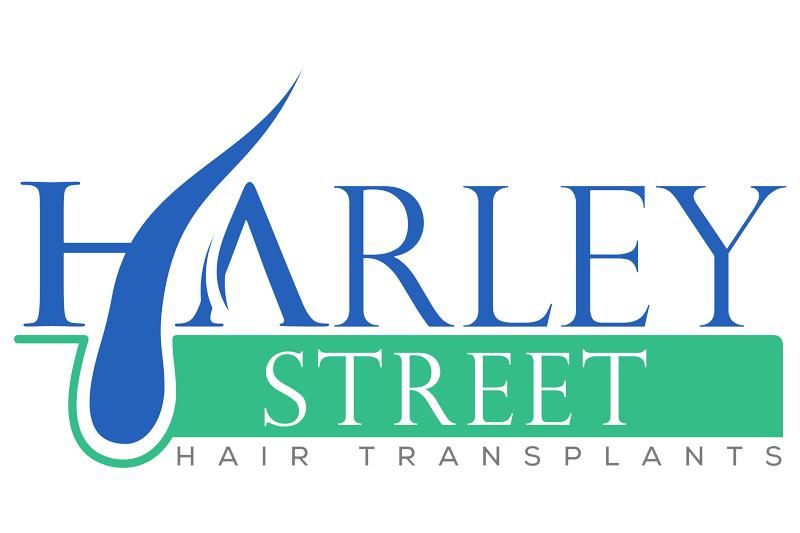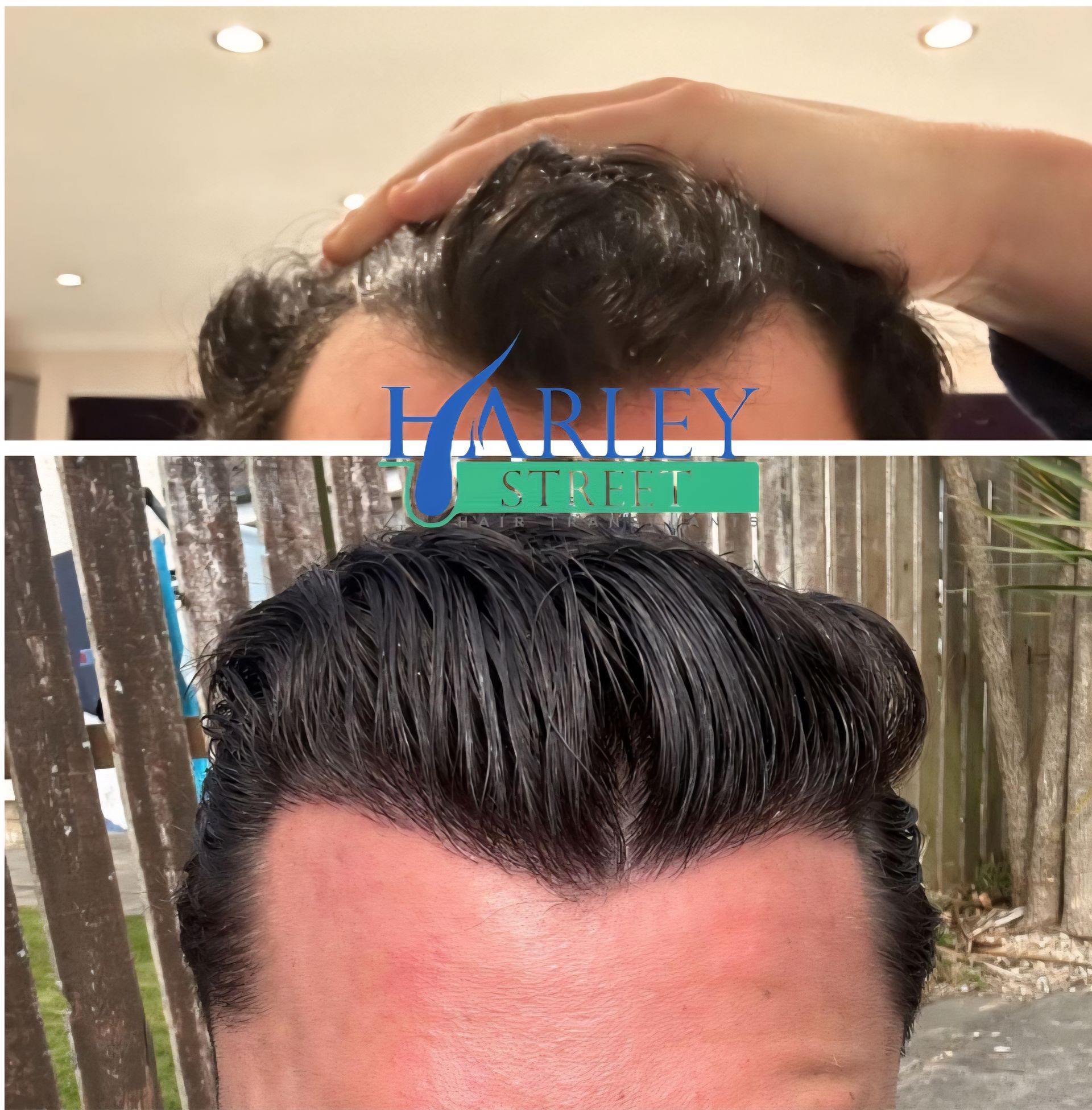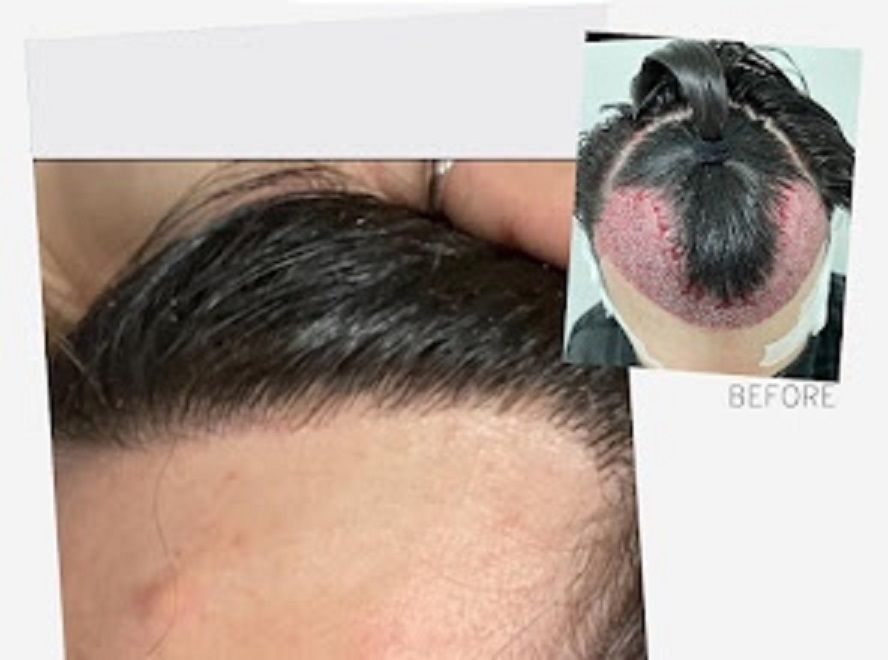DHI Manchester
DHI (Direct Hair Implantation) is a state-of-the-art hair restoration procedure that offers natural-looking, long-lasting results with minimal downtime. This revolutionary technique involves the extraction of healthy hair follicles from a donor area and implanting them directly into the recipient area, without the need for incisions or sutures.
At our Manchester Hair Transplant clinic, we offer a range of DHI hair procedures that can help you achieve fuller, thicker hair, regardless of your hair type or stage of hair loss. Our highly trained and experienced hair transplant specialists use the latest technology and techniques to ensure that every patient receives the best possible results.
Our range of DHI hair transplant procedures includes:
- DHI Hair Transplant: This procedure is ideal for patients who are experiencing advanced hair loss or thinning. During the procedure, our experts extract healthy hair follicles from a donor area and implant them directly into the recipient area, using specialised instruments that ensure a precise placement and natural-looking results.
- DHI Beard Transplant: Our DHI beard transplant procedure is designed to help men achieve a fuller, more masculine-looking beard. This procedure involves extracting healthy hair follicles from a donor area and implanting them into the beard area, using specialised instruments that ensure a natural-looking, even distribution.
- DHI Eyebrow Transplant: Our DHI eyebrow transplant procedure is ideal for patients who are experiencing thinning or patchy eyebrows. During the procedure, our experts extract healthy hair follicles from a donor area and implant them into the eyebrow area, using specialised instruments that ensure a natural-looking, symmetrical result.
Why choose DHI treatment?
DHI (Direct Hair Implantation) has been proven to be an effective hair restoration technique for hair loss. DHI has undergone extensive research and clinical trials, and has been found to produce natural-looking, long-lasting results for both men and women experiencing hair loss.
In fact, DHI has a success rate of up to 90%, which is comparable to other hair transplant techniques. The effectiveness of DHI is largely due to the precision and accuracy of the procedure. The hair follicles are extracted and implanted individually, which ensures that they are placed at the correct angle and depth to mimic the natural growth pattern of hair.
Additionally, DHI uses a specialized implantation tool that allows for faster healing and better hair follicle survival rates compared to other hair transplant techniques. This means that patients can expect to see fuller, thicker hair growth in a shorter amount of time compared to other hair restoration methods.
Planning for a
Hair Transplant?
Planning for a hair transplant is an important step towards achieving your desired look. Before undergoing the procedure, it is important to consult with a qualified hair transplant surgeon to discuss your expectations, assess your suitability for the procedure, and create a personalised treatment plan. Our surgeons will evaluate your hair loss pattern, hair density, and donor area to determine the number of hair grafts needed and the best technique for your individual needs. Additionally, we will provide you with pre-operative instructions, such as avoiding blood-thinning medication and smoking, and post-operative care instructions to ensure a smooth recovery. It is important to follow these instructions carefully to optimise the success of the hair transplant procedure. With careful planning and the guidance of our skilled hair transplant surgeons, you can achieve natural-looking and long-lasting results from your hair transplant procedure.
Book Your
Free Consultation Today
Contact Us
Our range of
Hair Loss Treatments
Patient Care Is Our Leading Priority

FUE is a minimally invasive procedure that does not require a large incision or stitches, resulting in minimal scarring and a faster recovery time.

FUT can be an effective hair restoration option for patients with larger areas of baldness or those who require a higher number of grafts.

Non Surgical Hair Loss Treatment
Non-surgical hair restoration treatment makes use of the patient's own blood to promote hair growth.

Eyebrow hair transplants are a specialised hair restoration procedure that involves transplanting hair follicles from the scalp to the eyebrows.

Beard hair transplants are a specialized hair restoration procedure that involves transplanting hair follicles from the scalp or other areas of the body to the beard area.

Female hair transplants are a specialized hair restoration procedure that involves transplanting hair follicles to the areas of thinning or balding hair in women.
DHI HAIR TRANSPLANTS IN MANCHESTER
DHI - what are the advantages?
DHI (Direct Hair Implantation) is a revolutionary hair restoration technique that offers several advantages over other forms of hair transplant. Here are some of the main benefits of DHI treatment:
- No Scarring: One of the biggest advantages of DHI is that it doesn't leave any scars or marks on the scalp. This is because the hair follicles are implanted directly into the scalp without any incisions or sutures. As a result, patients can wear their hair short or in a style of their choice without any visible scarring.
- Natural-looking Results: DHI hair transplant results are extremely natural-looking and indistinguishable from natural hair. This is because the hair follicles are implanted individually and at the correct angle and depth, which mimics the natural growth pattern of hair. As a result, patients can enjoy fuller, thicker hair that blends seamlessly with their existing hair.
- Minimal Downtime: DHI hair transplant procedures are minimally invasive and require very little downtime. Patients can typically return to work and normal activities within a few days after the procedure. This is because DHI does not require any incisions or sutures, which reduces the risk of complications and speeds up the healing process.
- Customisable: DHI is a highly customisable procedure that can be tailored to the unique needs of each patient. This means that the hairline, density, and direction of growth can be adjusted to achieve the desired results. As a result, patients can have a personalised treatment plan that meets their specific goals and preferences.
- Long-lasting Results: DHI hair transplant results are long-lasting and can last a lifetime with proper care. This is because the transplanted hair follicles are taken from a donor area that is genetically resistant to hair loss. As a result, patients can enjoy fuller, thicker hair that lasts for years to come.
Overall, DHI offers numerous advantages over other forms of hair transplant, including no scarring, natural-looking results, minimal downtime, customisation, and long-lasting results. If you are considering hair restoration, DHI may be the right choice for you.
Call us today to discuss our DHI treatment further.
What results to expect with DHI?
With DHI (Direct Hair Implantation), patients can expect to see natural-looking, long-lasting results that can improve their overall appearance and self-confidence. DHI is designed to restore hair density and volume in areas where hair loss has occurred. By implanting individual hair follicles directly into the scalp, DHI can achieve a fuller and thicker head of hair that looks and feels natural.
In addition to restoring hair density, DHI can also help to create a natural-looking hairline that complements the patient's existing hair. This can be especially beneficial for patients who have experienced hair loss in the front of the scalp or at the hairline. With DHI, the hairline can be carefully designed and implanted to match the natural growth pattern of the patient's hair, creating a seamless transition between the transplanted hair and the patient's existing hair.
Patients can also expect long-lasting results with DHI. Because the transplanted hair follicles are taken from the patient's own scalp, they are genetically programmed to continue growing throughout the patient's lifetime. This means that the results of DHI are permanent and can last a lifetime with proper care and maintenance.
Overall, DHI is a safe and effective hair restoration technique that can provide patients with natural-looking, long-lasting results. Whether a patient is experiencing hair loss due to genetics, aging, or other factors, DHI can help to restore hair density, improve the hairline, and enhance overall appearance and self-confidence.
What is the difference between DHI and FUE?
DHI (Direct Hair Implantation) and FUE (Follicular Unit Extraction) are both hair transplant techniques, but they differ in several ways.
One of the main differences between DHI and FUE is the method of hair follicle implantation. In FUE, hair follicles are extracted from the donor area of the scalp using a punch tool and then implanted into the recipient area using a needle or blade. In contrast, DHI (Direct Hair Implantation) involves the use of a specialised implantation tool called a Choi Implanter Pen. The Choi Implanter Pen is a thin, needle-like device with a hollow tube at the end that holds the hair follicle in place. The implantation pen is loaded with individual hair follicles and is used to make a small incision in the scalp and implant the hair follicle directly into the recipient area. The Choi Implanter Pen allows for precise placement of hair follicles at the correct angle and depth, which can result in a more natural-looking hairline and improved hair density. The use of the Choi Implanter Pen also minimizes trauma to the scalp, reduces the risk of scarring, and results in a faster recovery time compared to other hair transplant techniques.
Another difference between DHI and FUE is the depth and angle of the implanted hair follicles. With FUE, the hair follicles are implanted at a relatively shallow depth and angle, which can result in a less natural-looking hairline and decreased hair density. In contrast, DHI allows for the hair follicles to be implanted at the correct angle and depth, mimicking the natural growth pattern of hair and resulting in a more natural-looking appearance.
Additionally, DHI can often produce faster results compared to FUE. Because individual hair follicles are implanted using the Choi Implanter Pen, the procedure is typically faster and less invasive than FUE, which can result in a shorter recovery time and faster growth of transplanted hair.
Overall, while both DHI and FUE are effective hair transplant techniques, DHI offers several advantages over FUE in terms of natural-looking results, improved hair density, and faster recovery times. The choice between the two techniques ultimately depends on the individual's hair loss situation and personal preferences.
Why choose us for your DHI?
At Harley Street Hair Transplant Manchester, we understand that every patient is unique, and we take a personalised approach to each DHI hair procedure. We work closely with our patients to ensure that their expectations are met and that they are satisfied with their results.
If you are interested in learning more about DHI hair procedures, please contact us to schedule a free consultation with one of our hair transplant specialists.


